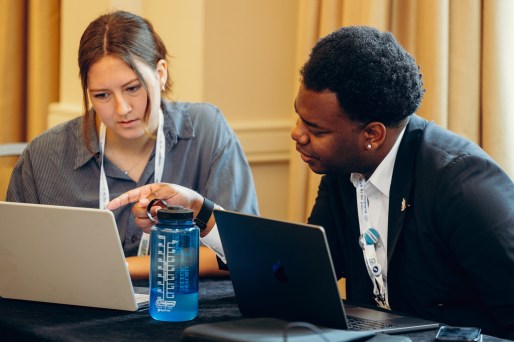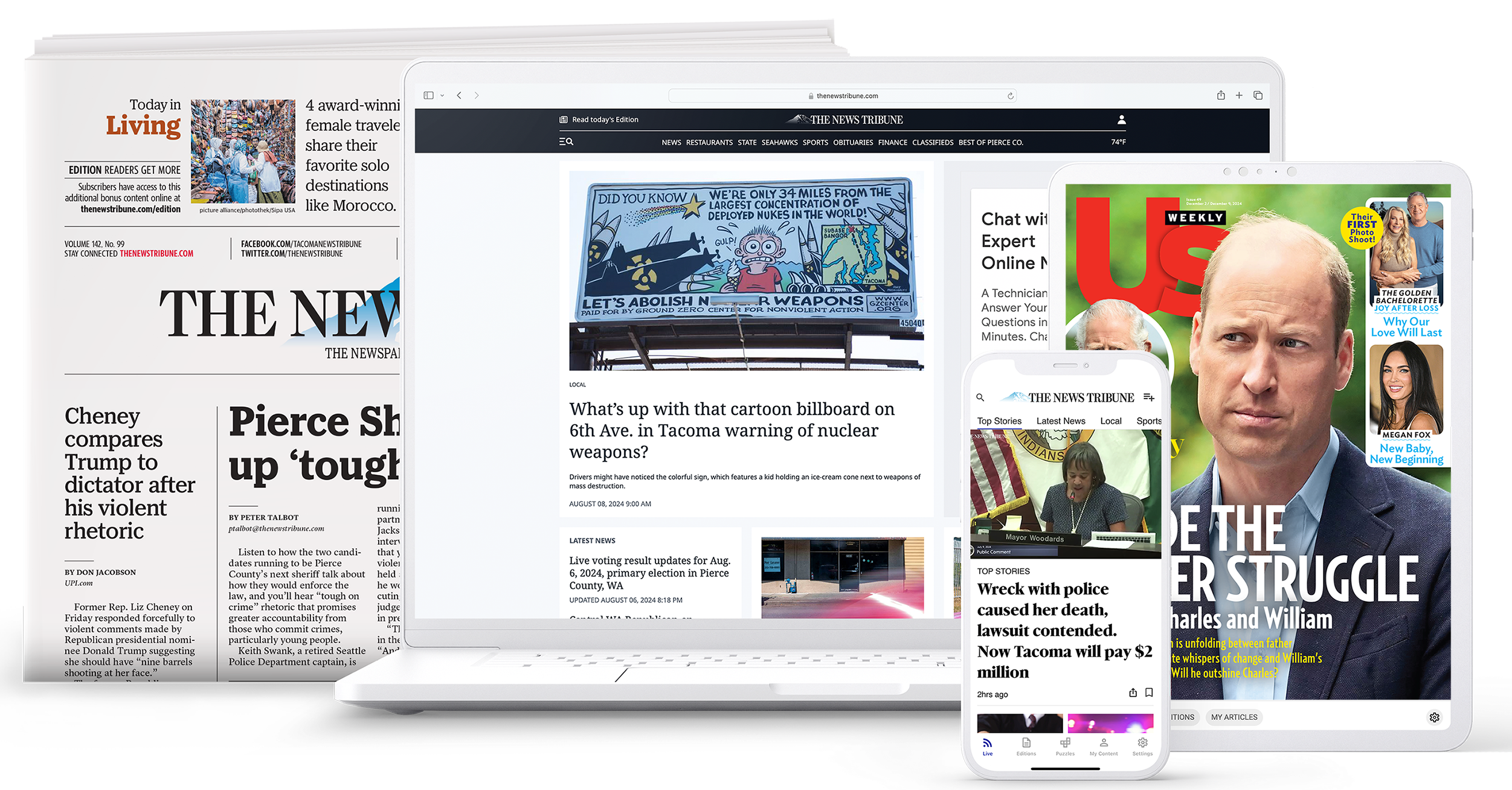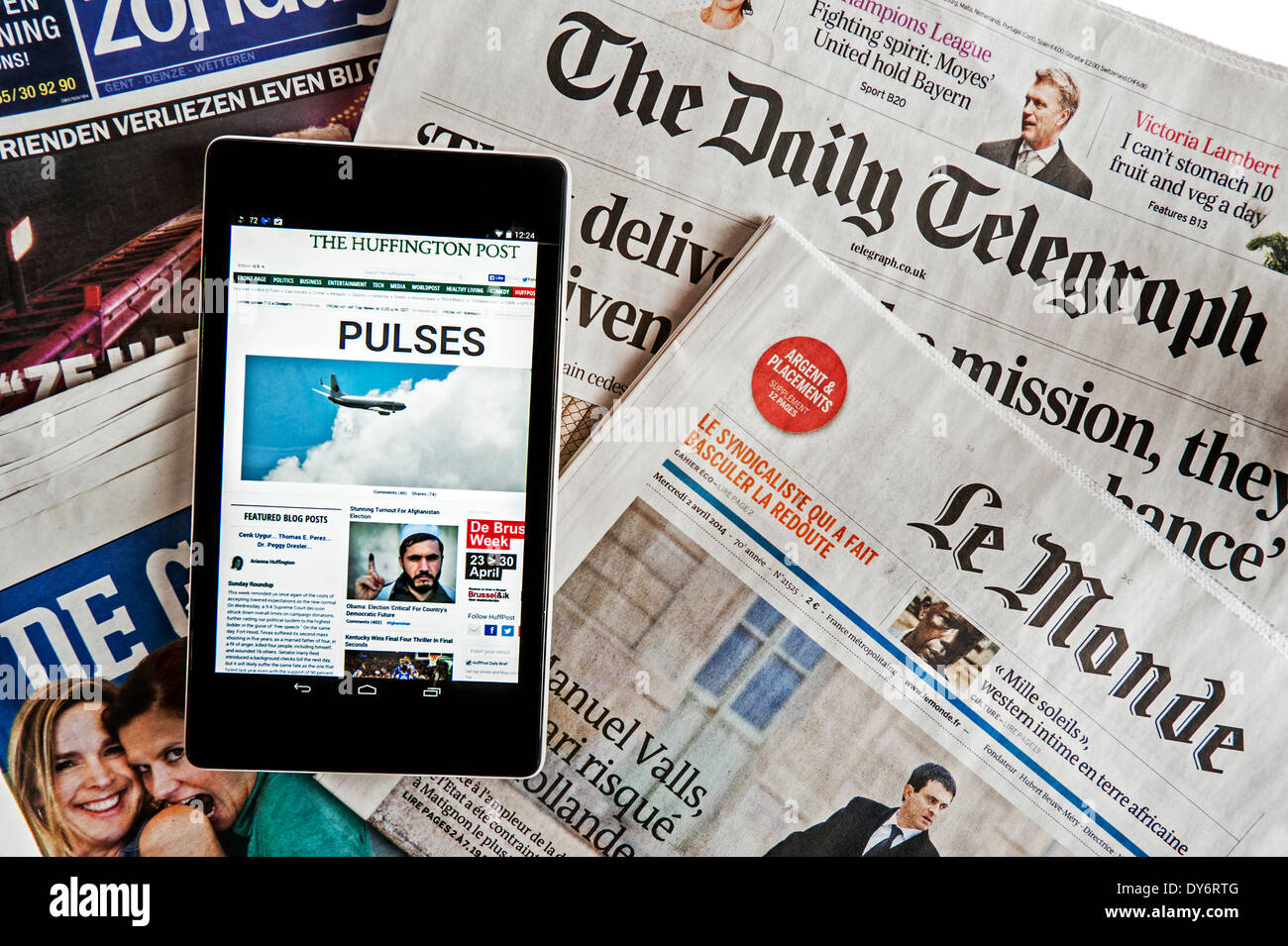The Value of Fact-Checking in the Globe of News Online
The frequency of misinformation in today's on-line news landscape has reached disconcerting degrees. Fact-checking organizations play a necessary duty in combating this fad. They confirm claims and improve the integrity of journalism. The efficiency of these companies commonly hinges on their methods and public assumption. As audiences browse this complicated environment, the effects of their findings might form the future of news consumption and trust. What does this mean for the honesty of information progressing?

The Rise of Misinformation in the Digital Age
Exactly how has the development of digital innovation added to the spread of misinformation? The fast growth of the net and social networks systems has facilitated the circulation of details at an unmatched rate. Users can share posts, videos, and point of views with a mere click, usually without confirming the content's precision. Formulas prioritize sensational or psychologically charged material, leading to a proliferation of deceptive narratives that catch focus.
Additionally, the privacy afforded by electronic systems allows individuals to spread incorrect information without responsibility (stnews.live). False information thrives in echo chambers, where users are subjected mainly to perspectives that strengthen their beliefs, further entrenching fallacies. The saturation of details can overwhelm users, making it challenging to recognize qualified resources from unreliable ones. False information has actually become a pervasive issue in the digital landscape, affecting public point of view and trust in genuine news resources.
The Duty of Fact-Checking Organizations
Fact-checking companies play a crucial duty in boosting the integrity of journalism by verifying cases made in news reports. Their initiatives are essential in combating misinformation, making certain that accurate info dominates in the electronic landscape. By holding media electrical outlets responsible, these companies add considerably to notified public discussion.
Enhancing Trustworthiness in Journalism
While false information proliferates in the digital age, fact-checking organizations play an essential function in boosting the reliability of journalism. These companies diligently verify insurance claims made in news write-ups, public declarations, and social media sites posts, ensuring that details distributed to the public is exact and credible. By offering independent assessments, they act as an important source for journalists, helping them preserve high standards of stability. Additionally, their efforts advertise openness in media, cultivating public trust fund. As audiences come to be progressively discerning, the existence of reputable fact-checking entities can differentiate trustworthy news resources from those that may spread frauds. Eventually, the dedication of fact-checking companies to promote truthfulness is critical for the health and wellness of democratic discussion.
Combating False Information Properly
As misinformation continues to spread out rapidly across electronic systems, the function of fact-checking companies comes to be progressively vital in the battle for exact information. These companies work as watchdogs, scrutinizing cases made by public numbers and media outlets to ensure responsibility. By employing rigorous research approaches and specialist evaluation, they confirm facts and clarify misleading stories. Their findings are disseminated with different networks, educating the public and promoting essential reasoning. On top of that, partnerships with social media sites platforms improve their reach, permitting punctual flagging of incorrect details. As electronic proficiency expands, the impact of fact-checking companies is vital in empowering audiences to recognize reality from fraud, ultimately contributing to a much more educated culture.
Just How False Information Affects Public Perception
Misinformation significantly weakens count on in media, leading audiences to question the reputation of news sources. As a result, people usually move in the direction of outlets that strengthen their existing ideas, contributing to the polarization of opinions. This vibrant creates a fragmented information landscape, where shared understanding comes to be significantly tough to attain.
Trust in Media

Count on media has come to be significantly fragile in the electronic age, where the rapid spread of incorrect information can skew public perception. As misinformation proliferates throughout social networks and on-line platforms, audiences often locate it challenging to recognize reputable resources from undependable ones. This uncertainty fosters skepticism, leading many people to question the objectives behind news coverage. Count on in developed media outlets has actually decreased, as customers increasingly turn to alternate resources that may lack rigorous content standards. This disintegration of depend on not only impacts specific ideas however also weakens the cumulative capability to participate in educated conversations. Ultimately, the honesty of journalism goes to risk, highlighting the essential need for efficient fact-checking to recover self-confidence in the media landscape.

Polarization of Opinions
The increasing hesitation towards traditional media has contributed to a growing polarization of point of views amongst the public. Misinformation, typically distributed with social media and on-line systems, plays a significant role in shaping distinct ideological splits. Individuals often seek information that lines up with their pre-existing ideas, enhancing their perspectives while rejecting opposing perspectives. This echo chamber impact magnifies divisions, resulting in a fragmented public discourse where agreement ends up being significantly elusive. In addition, sensationalized stories grow in this setting, further skewing public assumption and fostering suspect in credible sources. As polarization escalates, the requirement for effective fact-checking becomes extremely important to connect gaps and advertise educated conversations, ultimately making certain a much more cohesive culture with the ability of navigating complicated problems.
Methods for Reliable Fact-Checking
Effective fact-checking relies upon an organized method that consists of thorough study, verification of sources, and important evaluation of insurance claims. A foundational strategy is cross-referencing info from several legitimate sources to verify its precision. Fact-checkers frequently make use of specialized data sources and archives to trace the check my blog origin of specific statements, ensuring that the reported information aligns with recorded proof.
Another vital method includes looking at the context in which claims are provided. Deceptive details can develop from out-of-context quotes or careful data use. By taking a look at the broader narrative, fact-checkers can determine possible biases or misinterpretations.
Involving with specialists in appropriate fields can supply clarity and understanding that enhances the fact-checking process. This collaboration can discover subtleties that laypeople might forget - stnews.live. Inevitably, a regimented technique incorporating these strategies cultivates a much more enlightened public, enhancing the integrity of information shared in the electronic age
The Effect of Social Network on News Usage
How has social media changed the way people take in news? The introduction of platforms like Facebook, Twitter, and Instagram has notably altered news consumption patterns. News is currently shared swiftly, enabling individuals to access real-time updates and engage with material with likes, shares, and remarks. This immediacy has actually fostered a choice for bite-sized information, frequently at the cost of extensive analysis.
Furthermore, social media sites allows individualized news feeds, where algorithms curate web content based on user choices, producing echo chambers that might limit direct exposure to diverse perspectives. this The role of typical news electrical outlets has actually lessened as people significantly rely upon peer referrals and trending subjects. The trustworthiness of information is commonly endangered, as sensationalism can eclipse valid reporting. Overall, social networks has improved news intake, stressing speed and personalization while challenging the standards of journalistic integrity.
Encouraging Target Markets to Identify Trusted Resources

Furthermore, taking a look at the authorship and business history of news posts can reveal prospective biases. Cross-referencing info across numerous trusted outlets better boosts the confirmation process. Using electronic devices, such as internet browser extensions that rank the reliability of websites, can additionally assist in identifying credible information. By actively involving with these sources and growing a crucial way of thinking, audiences can better equip themselves to determine reliable news sources, eventually fostering an extra educated culture amidst the intricacies these days's media environment.
The Future of Journalism and Fact-Checking
As the media landscape advances, the future of journalism and fact-checking faces both tests and chances. The increase of digital systems has equalized details dissemination, allowing diverse voices to arise. This has actually likewise led to the proliferation of false information, demanding durable fact-checking mechanisms. Journalists will significantly count on technology, including AI devices, to confirm realities rapidly and efficiently.
Collaboration between news organizations and fact-checking entities is prepared for to reinforce integrity and openness. Target market interaction will certainly play a crucial role, as informed viewers end up being substantial companions in determining reliable web content.
The need for liability and accuracy is likely to expand, pushing reporters to promote high criteria in their coverage. Inevitably, the future of journalism may depend upon its capacity to adapt to technological developments while keeping journalistic stability, making sure that fact-checking continues to be a cornerstone of reliable news.
Often Asked Questions
How Can I Report Misinformation I Run Into Online?
To report false information come across online, people can utilize platform-specific coverage tools, offer clear evidence, and share the information with fact-checking companies. Engaging with neighborhood discussions can also assist increase understanding about the misinformation.
What Are Typical Signs of False Information in News Articles?
Typical indications of false information in news posts include marvelous headings, absence of reliable resources, psychological language, irregular my link truths, and absence of author qualifications. Viewers ought to seriously examine web content for these indicators to determine precision.
Just How Do Fact-Checkers Verify Sources?
Fact-checkers validate sources by cross-referencing info with reputable databases, getting in touch with specialists, and examining the initial context of insurance claims. They additionally evaluate the reliability of the resources, guaranteeing precise and trustworthy details for public usage.
What Lawsuits Can Be Taken Versus False information?
Lawsuits versus misinformation may consist of libel legal actions, cease-and-desist orders, and regulative penalties. Sufferers can look for remedy through civil courts, while some jurisdictions impose fines or sanctions on platforms disseminating incorrect information.
Are There Apps for Fact-Checking News On-The-Go?
Various applications exist for fact-checking news on-the-go, including Snopes, FactCheck.org, and PolitiFact. These applications help individuals validate claims promptly, advertising educated decision-making and cultivating a more discerning strategy to consuming news in real-time.